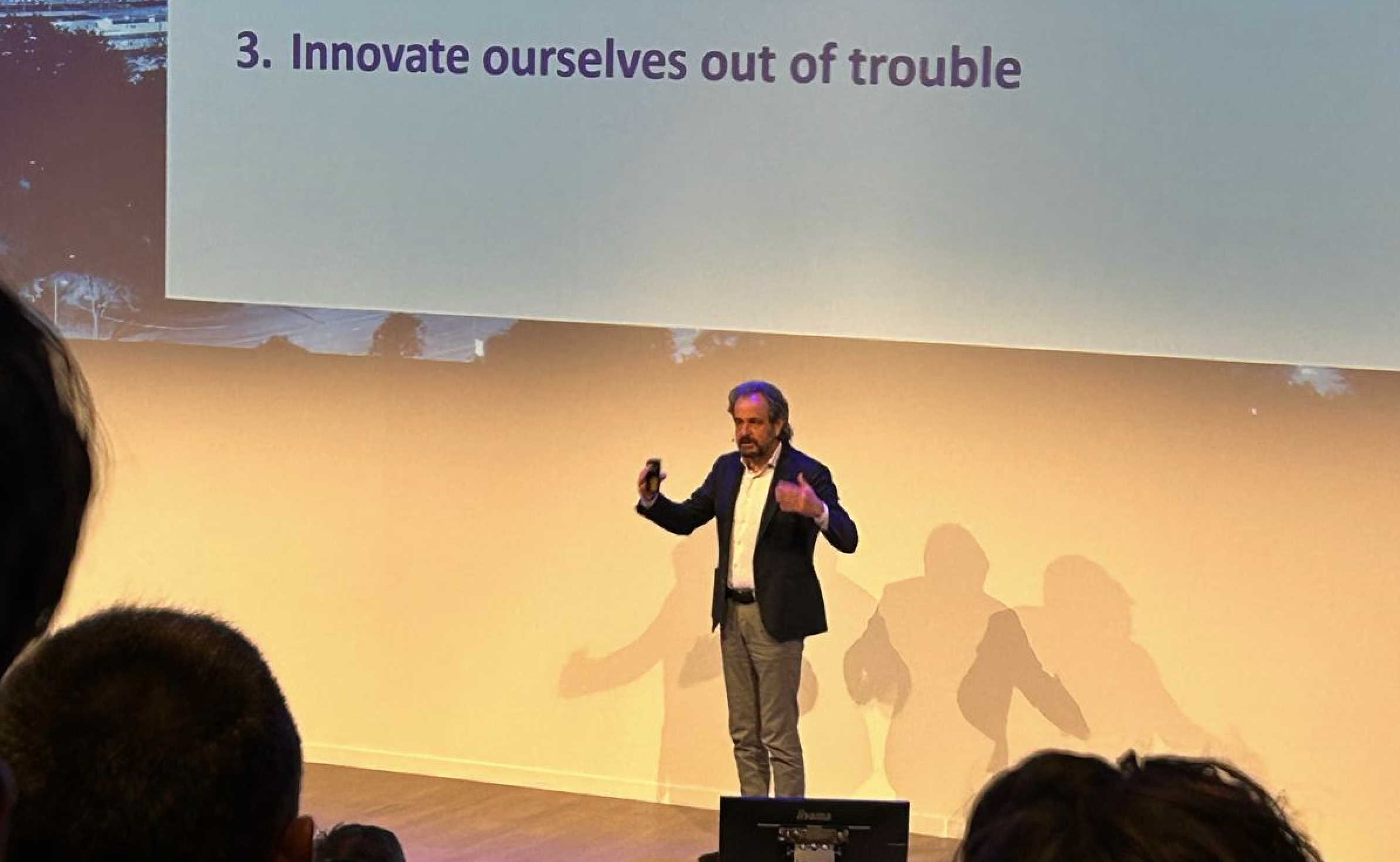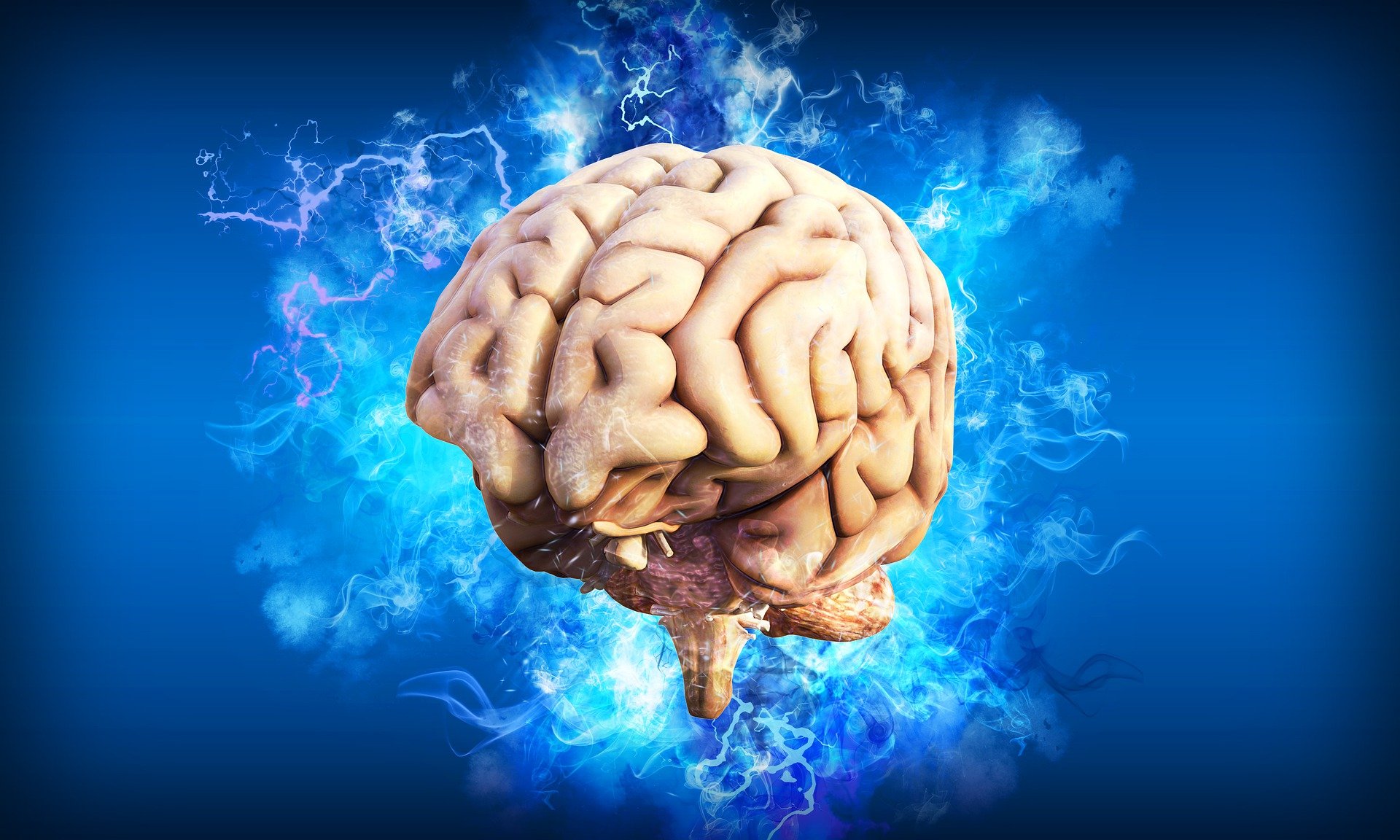
In a weekly column, alternately written by Lucien Engelen, Mary Fiers, Maarten Steinbuch, Carlo van de Weijer, and Tessie Hartjes, E52 tries to find out what the future will look like. All five contributors – sometimes accompanied by guest bloggers – are working on solving the problems of our time. Everything to make Tomorrow Good. This Sunday, it‘s Carlo van de Weijer’s turn. Here are all the previously published columns.
The world is doing better than ever. All the figures point to higher levels of prosperity, health and quality of life than ever before, famine is disappearing, and almost all the measurable factors of happiness are moving in the bright direction. For a warm bath of evidence-based positive energy, take a look at the legendary Hans Rosling on Youtube for a half hour, or visit his legacy at Gapminder.org and you’ll see that the world is really doing well.
Yet many people don’t want to believe it, they are convinced that the world is getting worse and worse. And positive news is often received with skepticism. Usually, this is easy to refute, but the emotional discussions that cause it are lost before you start.
The press is often blamed, with its focus on negative reporting. But there is nothing to blame them for; negative news is accepted easier than positive news. We owe this to evolution. If you missed negative news in prehistoric times (look out, there is a lion around the corner!), it could have been deadly. If you find positive news (hey, there is a lot of fresh fruit over there) then it would only result in some nuisance such as, in this case, a few days of hunger. And that is why we are now faced with a brain that measurably pays much more attention to negative news than to positive news. Nothing to do about it. That’s why I gave this column a very negative title. Could just as well have been called “We’re going to save the world here in the region” but the chance that you would have been reading this, would have been much smaller then.
Still just a few words about this imminent end of times from the headline. There certainly are reasons for paying attention to this. It’s worth the investment of just a quarter of an hour in Sam Harris’ TEDx, about the consequences of exponentially increasing artificial intelligence. He concludes that we need to reach international agreements quickly in order to give the future artificial intelligence a few uniform rules. Man must quickly establish himself as a god for his own creations. If we do not, we will run the risk of being overshadowed by artificial intelligence in a few decades’ time. If so, hopefully quickly and painlessly.
If you are interested in this matter, I would like to draw your attention to the programme of STRP, the Eindhoven based platform for technology and art. STRP wants to establish an open, continuous and critical dialogue between man, technology, society and the future and has now set itself up to start the discussion on the gap between the above mentioned dystopian predictions and the techno-optimists, who according to the statistics so far are mostly right. Next Thursday, 24 May, is the day of the kick-off of STRP’s two-year programme on this subject, with input from writers, theatre-makers and transhumanists. You should all go there.
Moore’s law has been upheld for decades, to a significant extent by technology from our region, right up to the present day. From Philips’ tube amplifiers and transistors to today’s ASML chip machines. So it is appropriate that here too we start to think about the consequences of the consistent exponential increase in artificial intelligence. Connect to the STRP-discussion and subscribe.








